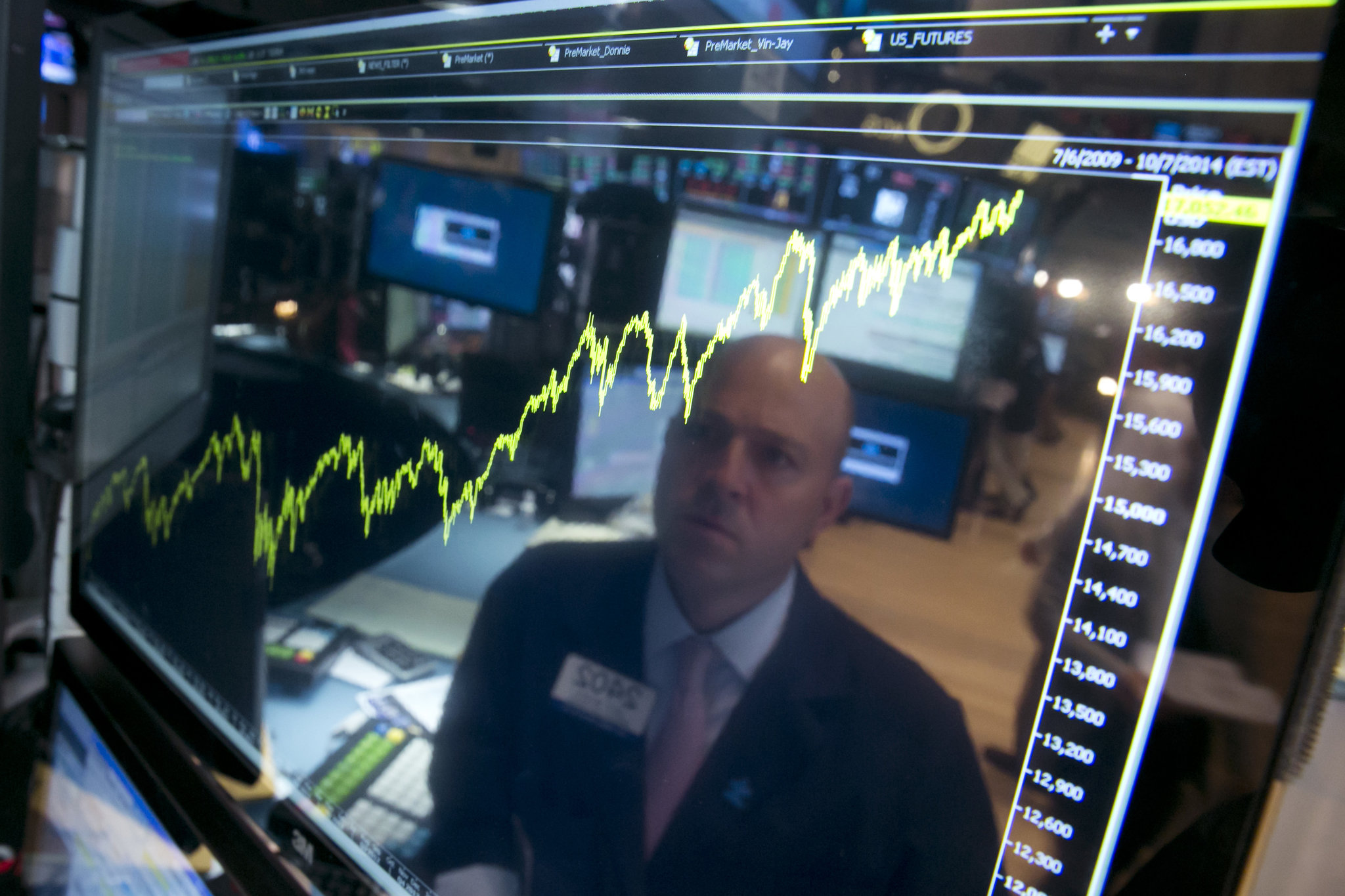As a professional courtesy, BrokerDealer.com blog is happy to post the following comment sent to us by IEX media representative Gerald Lam in response to our July 7 post, which merely extracted snippets from a July 7 WSJ article profiling the latest announcement from IEX, the electronic trading venue for block equities trading whose “anti-HFT” notoriety has spread far and wide thanks to the book “Flash Boys”
From: Gerald Lam <[email protected]>
Date: July 9, 2014 at 6:26:32 AM PDT
To: [email protected]
Subject: Contact email from Gerald Lam
I work at IEX, managing media & communications. I read your blog post on us from Monday, July 7 with concern.
Unfortunately, Bradley Hope’s article was misleading. And some of his inaccuracies have bled onto your piece.
For one thing, the “scheme” as you put it, is nothing new. We’ve offered it since the day we launched: October 25th, 2013.
Secondly, your second paragraph is wrong. Broker-dealer orders would not jump to the top of the order book over orders submitted by buy-side investors. Every buy-side investor (retail included) must be represented by a broker-dealer at IEX. There are no broker-dealer orders competing with non-broker-dealer orders here because every order at IEX is submitted by a broker-dealer.
Who does get “jumped”? Orders from other broker-dealers who are not providing both buyer and seller for a particular order at a particular price.
At the same time, investors (i.e. retail, mutual funds) who are represented by the internalizing broker-deal stand to benefit when they’re represented by the internalizing broker-dealer…their orders receive priority on the order book!
The bigger picture here is liquidity fragmentation — namely it’s detrimental impact to the investor experience. Our feature Broker Priority was designed to encourage brokers to internalize in once central, neutral (i.e. not owned by broker-dealers) venue.
I hope this sheds light on where the WSJ article got it wrong. I’m happy to talk through any of these issues.
I’d be grateful if you could address these clarifications in your blog.
Thank you,
gerald

